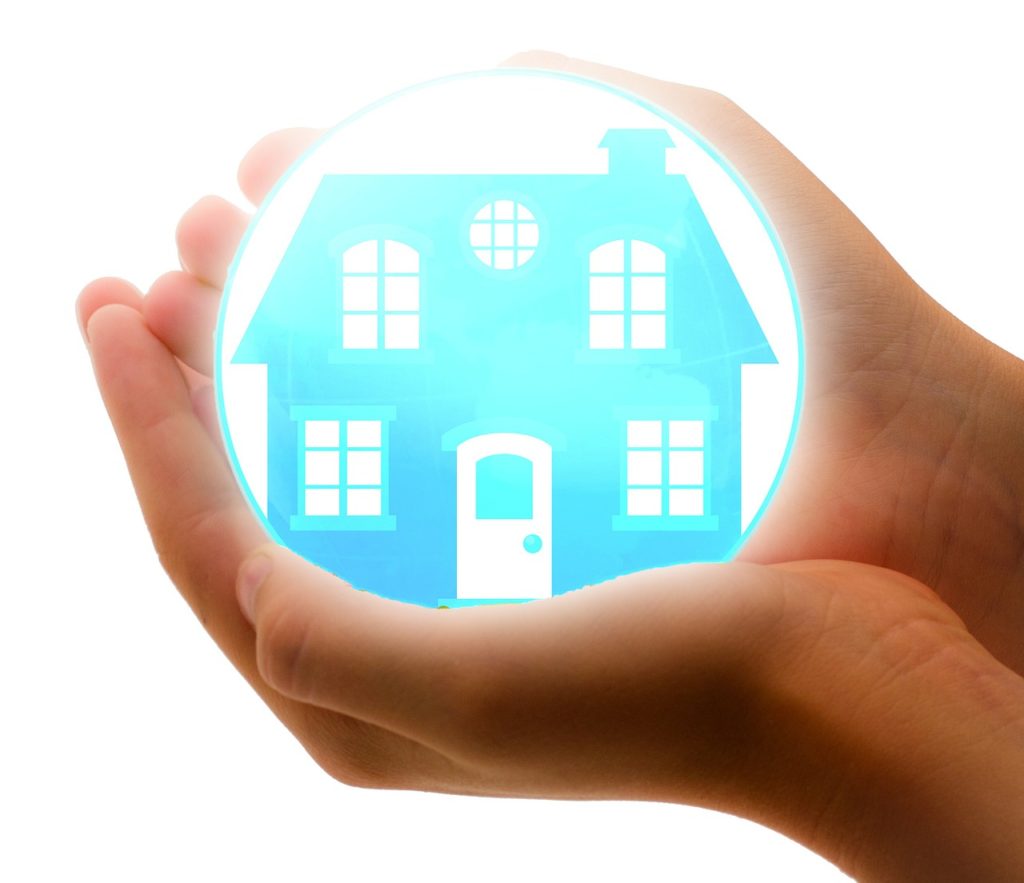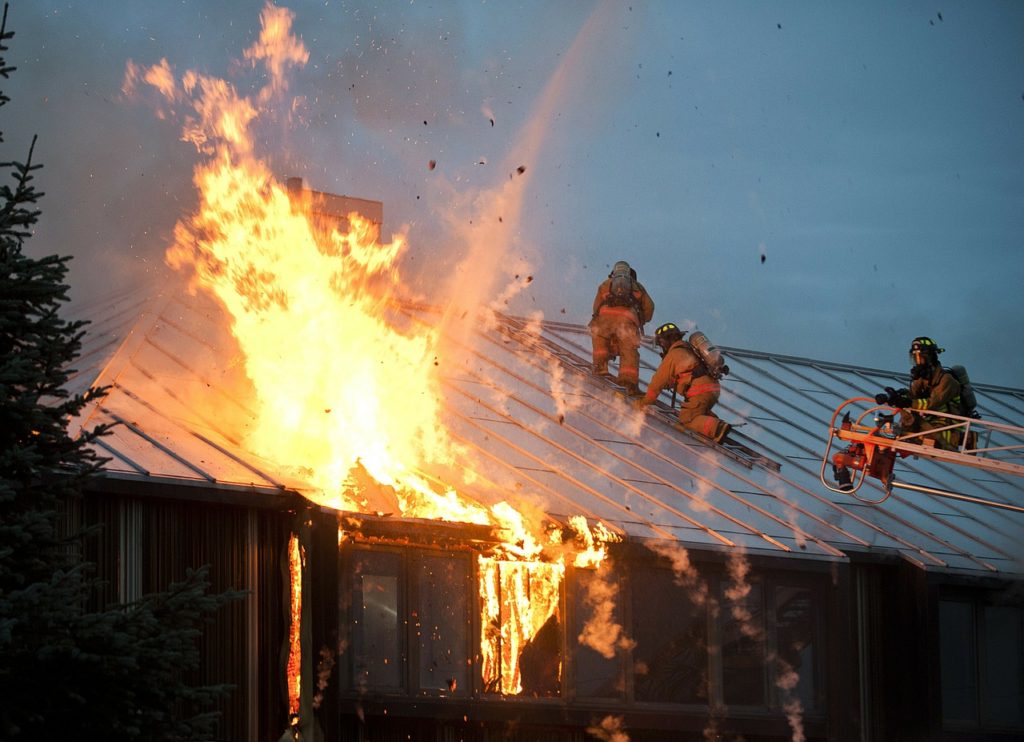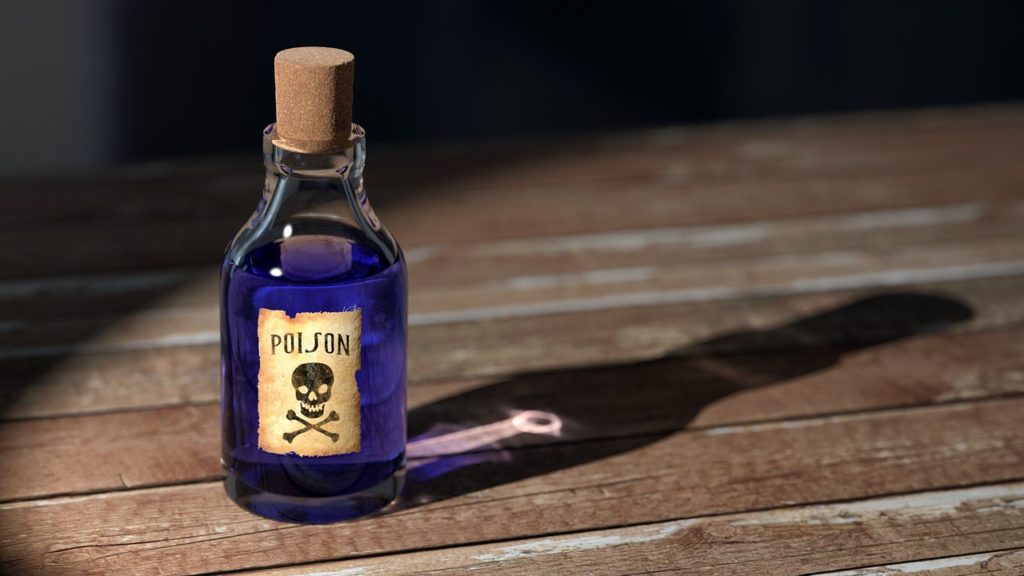
Your home should be your family’s sanctuary. It’s a place where they should feel safe and secure. If there have ever been incidents that make you feel otherwise, there are measures you can take. It might worth installing security systems to give you peace of mind. If you were to install an advanced system, you could attach cameras to it, and then and you’ll be able to see you home at all times wherever you are. You take the time to make sure your house is well maintained and in good order. If you find something wrong with it, you get it repaired straight away. If you see your roof is leaking, you contact some austin roofing companies to help. If you need your house repainted then you find a decorator to keep it looking nice. The list goes on and it is all part of making your house feel like home. In most cases this is true. But each year thousands of individuals suffer accidents and injury in their own home. Taking a few extra precautions and planning carefully can prevent harm to those you love most.
- Intruders
Help protect your home from intruders and break-ins with these tips:
- Find a reliable alarm system. Ask for recommendations and read reviews such as Alarm-Reviews.net of Vivint security system.
- Keep on top of maintenance and make it look as though your home is cared for.
- Cut back trees and bushes and make it difficult for burglars to conceal themselves as they’re breaking in.
- Instal outside lighting and motion detectors if possible.
- Keep expensive items away from windows and out of sight.
- Don’t leave keys close to windows and glass doors. A quick smash and intruders have full access to your home.
- Securing your yard is also important. Make it as difficult as possible for intruders to gain entrance.
- checking out pricing is also a must. check out vivint pricing
- Fire
Should the worst happen, make sure you have a clear plan of escape. For example, if a fire breaks out, does your family know what to do? Sit them all down and go through the steps carefully. Check with them every so often to make sure everyone is clear. Additionally, make sure your home isn’t prone for fires due to any faulty electrical appliances. If a home fire breaks out and you or a loved one obtains burns, you’re not always automatically at fault; you can be elegible for a severe burn injury lawsuit. Always check with legal services before dismissing the incident.
- Walk through your home and make a note of all exit points. For each room note down two points of exit.
- Instal smoke and Carbon Monoxide alarms to alert you and your family immediately. Every second counts in an emergency.
- Make sure alarms and batteries are checked on a monthly basis. Make a note in your diary.
- Keep escape routes clear and free from clutter.
- Establish a safe meeting point away from the property.
- Make sure everyone is aware of the fire department telephone number.
- Have a run through of your plan once or twice a year and time your escape.
- Make sure everyone can escape through upstairs windows. Consider providing safety ladders.
- Make sure that your home insurance is up to date. Check with providers such as https://homeownersinsurancecover.net/ho-3/ to see what their policies are regarding fires. You want your home and contents to be covered in a worst case scenario.

- Electricity
We take electricity for granted, and the majority of us wouldn’t be able to survive without it. For the most part, it is a safe form of energy. However, it isn’t without its hazards. Fortunately, there are procedures you can put it place to prevent it from causing injury and damage.
- Always make sure your wiring is completed by a qualified electrician.
- Check for faulty or damaged cords on a regular basis. If cords are damaged, cease use immediately and seek to replace them.
- Take care with extension cords and don’t overload them. Check manufacturer’s instructions carefully.
- Make sure outlets are positioned away from water.
- Never handle electrical switches, outlets, or appliances with wet hands. Make sure your family is aware of this.
- Always supervise young children around electrical appliances and ensure outlets are protected.
- Keep cords uncovered and away from other items to prevent them from overheating.

- Falls
Each year thousands of people are admitted to hospital due to a fall. In fact, it is one of the most common injuries that take place in the home. Take these simple precautions to avoid tripping hazards.
- Keep your floor free from clutter. This is particularly important on stairways.
- Secure loose carpet, rugs, or uneven flooring.
- Avoid long, baggy or loose clothing that could trip you up.
- Make sure lighting is adequate throughout the house. If you can see where you’re going, you’re less likely to trip.
- Wear shoes around the house. Socks can cause you to slip.
- Take extra care when going up and downstairs. Use banisters and take your time.
- Add non-slip mats in the bathroom and shower.

- Chemicals
Store any household chemicals, including paints, securely. Make sure it is locked away and kept out of reach of children. Read storage instructions carefully and ensure you adhere to them. If possible, lock them away from the house in an outside garage or shed.
- Choking
Choking is something that can happen to anyone. However, younger and older people are more at risk. Always supervise young children and remove small items that could present a choking hazard. Ensure you and your partner are familiar with what to do in a choking emergency.
Most hazards and emergencies can be prevented by common sense and planning. Make sure you complete an audit and take steps to secure your home. Sometimes despite our best efforts, emergencies arise. Do you and your family know what to do in an emergency? If not, spend some time going through the possible scenarios.

An accident might happen inside our home. As a household member, everyone is responsible for how to take care of everybody inside the house. Putting some caution signs may help you to keep you away from household hazards. Also, make your electric cord should have covers to avoid slip on the feet of someone.